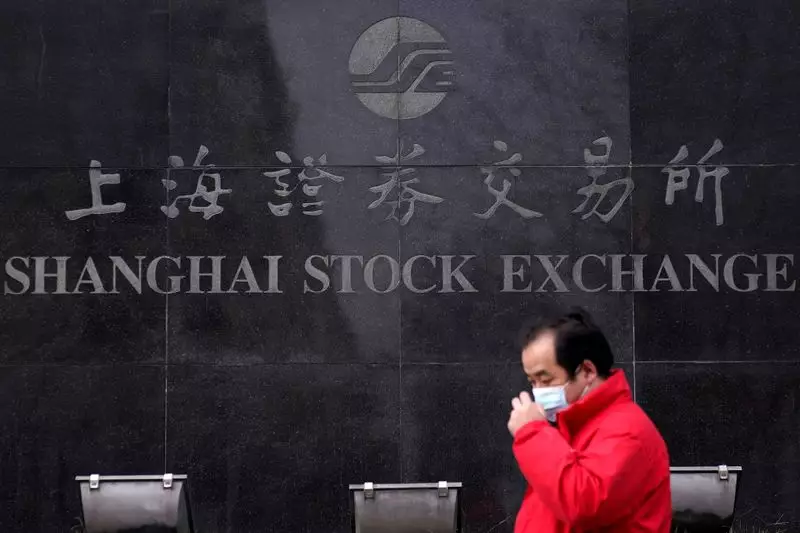Most Asian stocks showed growth on Friday, following the positive momentum of Wall Street. However, Chinese stocks did not follow this trend as reports surfaced about new trade tariffs targeting the electric vehicles sector. This news caused China’s Shanghai Shenzhen CSI 300 and Shanghai Composite indexes to fall by about 0.5% each. The anticipation of increased tariffs on China’s battery and solar energy industries could potentially strain the country’s economy and worsen relationships between major economies. Despite these challenges, Chinese stocks have shown significant gains over the past three months due to positive economic indicators and stimulus measures by Beijing.
In contrast to Chinese stocks, Hong Kong’s Hang Seng index emerged as the best performer among Asian peers, with a rise of 1.1%. This growth was driven by reports suggesting that China might exempt mainland investors from taxes on dividends earned from Hong Kong stocks. The Hang Seng index reached an eight-month high after recently entering a bull market from previous lows in February. This positive performance is part of ongoing efforts by Beijing and Hong Kong to stabilize local equity markets, which have faced challenges in recent years.
Asian markets as a whole saw gains on Friday, fueled by expectations of future rate cuts by the Federal Reserve. Japan’s Nikkei 225 rose by 0.4%, while the TOPIX index increased by 0.7%. However, gains in Japanese stocks were tempered by data showing growth in household spending, which could potentially lead to higher inflation in the coming months. Australia’s ASX 200 rose by 0.4%, and South Korea’s KOSPI added 0.5% to its value. In Singapore, Oversea-Chinese Banking Corp saw a 1.7% increase in its shares following a strong first-quarter profit announcement and plans to acquire insurer Great Eastern for over S$1 billion.
The fluctuation in Asian stock markets reflects the broader economic and geopolitical factors at play. While some regions enjoyed gains, concerns over trade tariffs, inflation data, and global economic uncertainties continue to influence investor sentiment. The positive performance of certain markets demonstrates resilience and optimism amid a complex and dynamic financial landscape. It remains crucial for investors to stay informed, diversify their portfolios, and carefully monitor market developments to make well-informed decisions in the ever-changing world of finance.

